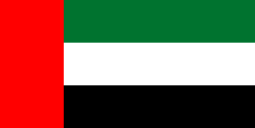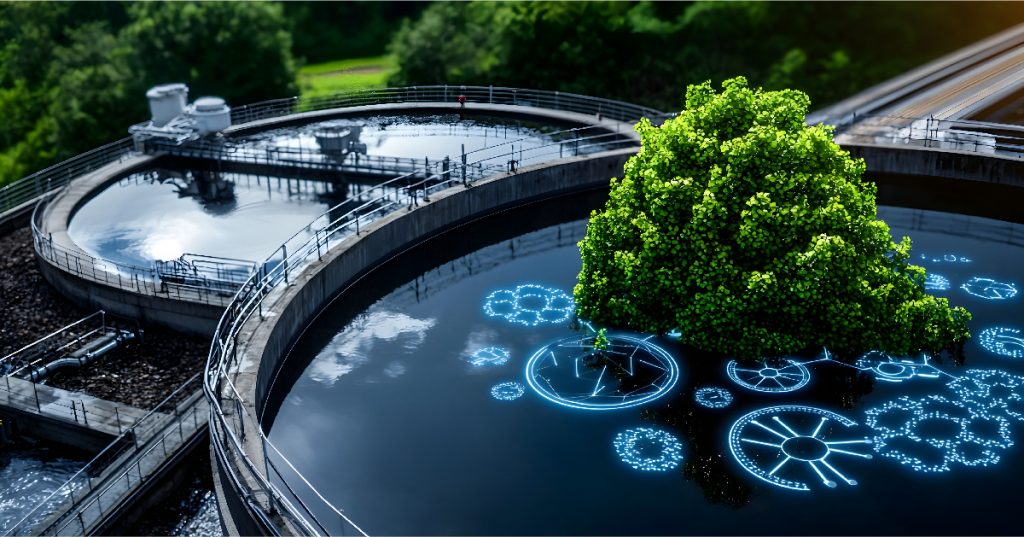Across the globe, water scarcity is becoming one of the most critical environmental challenges. Rapid industrialization, urbanization, and climate change are intensifying stress on freshwater resources. In this context, water recycling has emerged as a vital solution—not just for conserving resources but also for building a truly eco-friendly future. By treating and reusing wastewater, communities and industries can reduce dependence on freshwater, cut costs, and move toward sustainability.
The Role of Grey Water Recycling
One of the most practical and impactful approaches is grey water recycling. Grey water refers to relatively clean wastewater generated from domestic activities like bathing, laundry, or dishwashing. Though not fit for drinking, it can be treated using a grey water recycling system and reused for flushing, gardening, and certain industrial purposes.
This reduces unnecessary strain on freshwater supplies while lowering sewage loads on municipal infrastructure. For households, residential complexes, and institutions, grey water reuse is a simple yet powerful step toward sustainable water management.
Advanced Water Recycling Systems
Modern water recycling systems go far beyond conventional treatment. They incorporate advanced biological, chemical, and membrane-based technologies that ensure consistent and safe reuse of wastewater. From industries seeking process water to municipalities addressing urban demand, these systems offer:
- Reduced Freshwater Dependency – Recycling ensures a continuous supply even during shortages.
- Lower Operational Costs – Optimized treatment cuts energy and chemical consumption.
- Compliance & Sustainability – Treated water meets strict standards for reuse in agriculture, landscaping, or industrial processes.
- Circular Economy Benefits – Wastewater is no longer a liability but a valuable resource.
What About Water Bottle Recycling?
While water recycling often refers to wastewater treatment, water bottle recycling plays an equally important role in environmental sustainability. Single-use plastic bottles contribute heavily to pollution. By promoting PET bottle collection and recycling, communities reduce plastic waste while conserving the water and energy otherwise required in plastic production. Together, wastewater recycling and bottle recycling drive a holistic, eco-friendly approach.
Ion Exchange’s Role in Shaping a Sustainable Water Future
Ion Exchange offers comprehensive water management solutions focusing on wastewater recycling, product recovery, and waste minimization. Their integrated systems employ cutting-edge, energy-efficient, cost-effective technologies such as advanced membrane processes, oxidation, and evaporation. These innovations enable the conservation of water by recycling wastewater and recovering valuable products for reuse. They aim for zero liquid discharge and provide a strong return on investment while safeguarding the environment.
Ion Exchange selects the most suitable technologies and treatment schemes through meticulous bench-scale and pilot plant studies and detailed site surveys. These solutions are tailored for various industries, including power plants, fertilizers, electronics, electroplating, textiles, chemicals, food and beverages, pulp and paper, pharmaceuticals, and automobiles, ensuring optimal recovery and reuse of water and valuable products.
The INDION TADOX process represents a significant advancement in treating complex industrial and municipal wastewater. This innovative solution offers flexibility by allowing integration at the secondary treatment stage, either before membrane processes or during the pre-biological stage. Employing novel approaches, INDION TADOX minimizes chemical usage, reduces sludge production, prevents secondary pollution, and decreases the load on downstream tertiary treatments. As a retrofittable and integrated solution, it ensures reduced treatment times and delivers highly resource and energy-efficient processing, leading to 30-40% reductions in both CAPEX and OPEX. Key advantages include high efficiency, excellent treated water quality, a clean and green approach, and a modular, integrated design.
Advanced Oxidation Systems (AOPs) encompass a range of chemical treatment processes designed to remove organic and, at times, inorganic materials from water and wastewater through oxidation reactions with hydroxyl radicals (OH). These processes often utilize ozone (O3), hydrogen peroxide (H2O2), and UV light. A specific type of AOP is in situ chemical oxidation. The advantages of AOPs include their ability to effectively eliminate organic compounds in the aqueous phase rather than transferring pollutants to another phase. Additionally, some AOP designs can achieve disinfection, making them a comprehensive solution for various water quality issues. Since the complete reduction product of hydroxyl radicals is water (H2O), AOPs theoretically do not introduce new hazardous substances into the water.
HYDRAMEM, developed by Ion Exchange, showcases the best in modern membrane technology. With superior quality and decades of manufacturing expertise, HYDRAMEM is preferred for industrial, institutional, and domestic applications. Our advanced membrane range includes Reverse Osmosis (RO), Ultrafiltration (UF), and Nanofiltration (NF), ensuring high performance and reliability across various uses.
Why Choose Ion Exchange?
Ion Exchange has been at the forefront of enabling industries, institutions, and communities to recycle and reuse water—converting wastewater into a valuable resource.
In Tirupur’s dyeing industry, Ion Exchange’s advanced treatment systems enable 93% effluent recycle and reuse, not only meeting the High Court’s zero liquid discharge mandate but also improving dyeing quality through high-purity permeate and brine recovery. Similarly, a 400 m³/day MBR plant was designed and installed for a LEED-certified green building in Bangalore, where treated sewage is recycled for flushing and cooling tower use.
Extending its expertise to residential projects, Ion Exchange installed a 200 m³/day INDION Fluidised Media Reactor (FMR) at Raheja’s housing complex in Thane. By recycling sullage and sewage for non-potable uses like gardening and flushing, the project saved 55,000 m³ of freshwater annually, cutting tanker water dependence and costs significantly.
From industrial clusters to green buildings and housing societies, Ion Exchange continues to demonstrate how water recycling ensures resource security, cost savings, and environmental sustainability.
Conclusion
The future of water lies in smart, sustainable reuse. From grey water recycling in homes to advanced water recycling systems for industries, the transformation is already underway. Even water bottle recycling plays its part in building a cleaner, greener world. With Ion Exchange’s innovative technologies and proven solutions, businesses and communities can embrace water recycling to drive an eco-friendly future.


